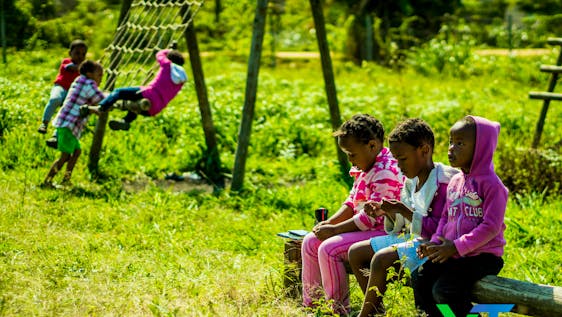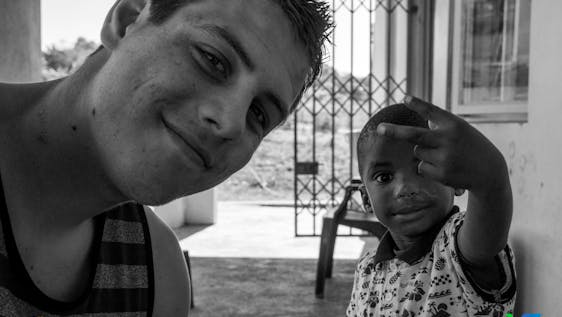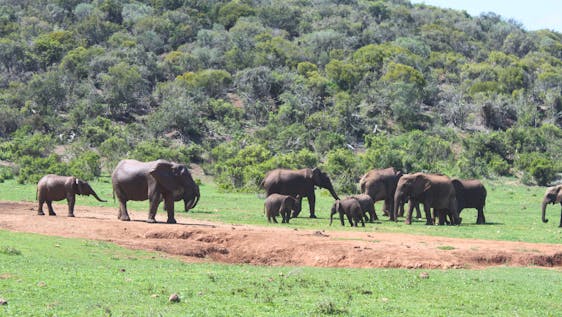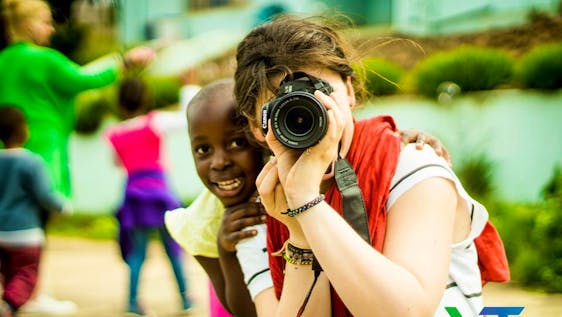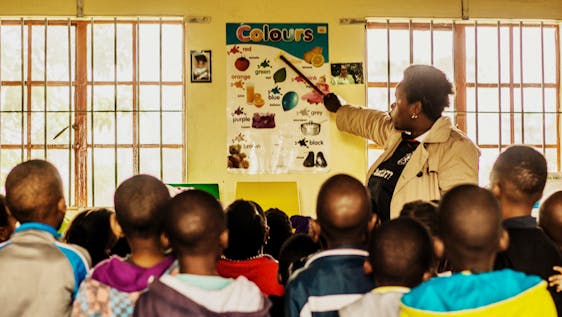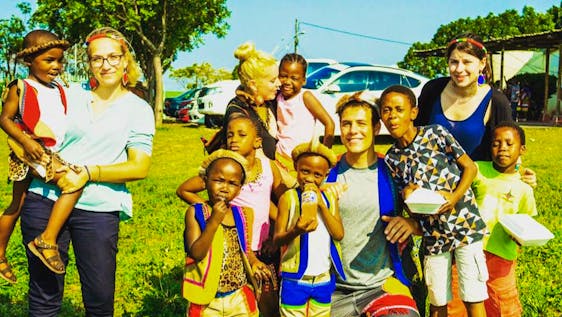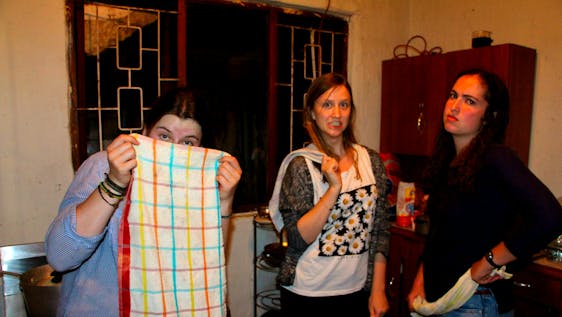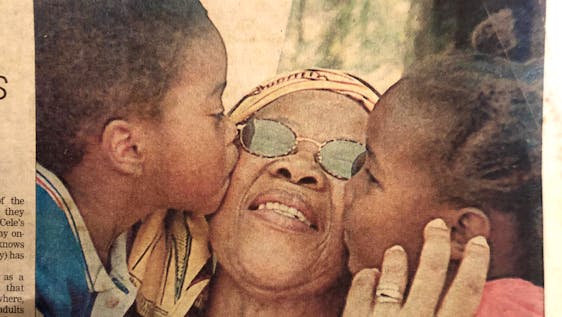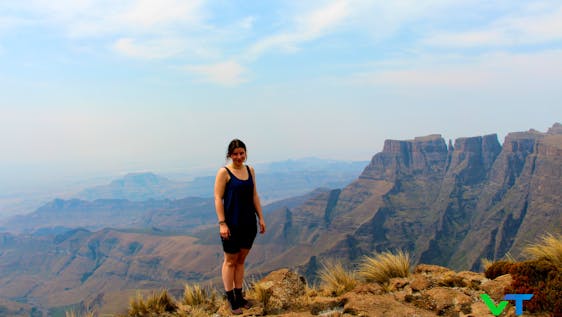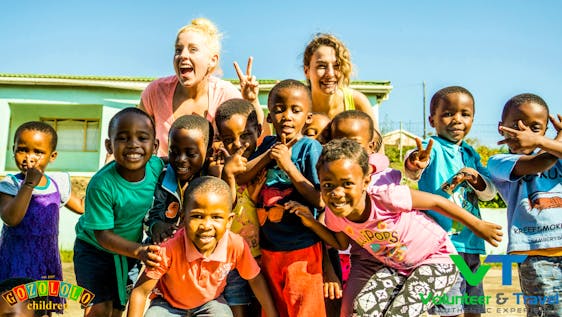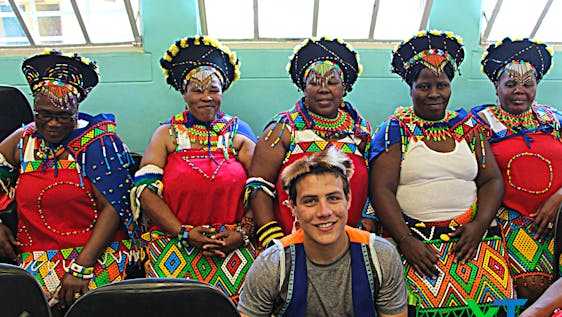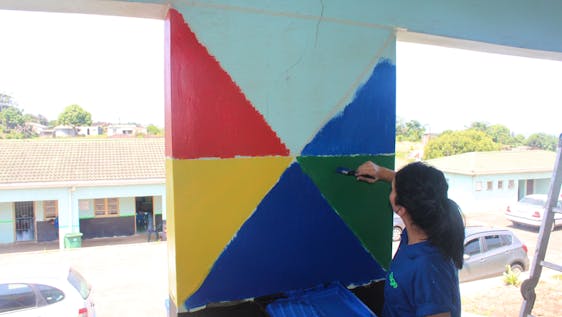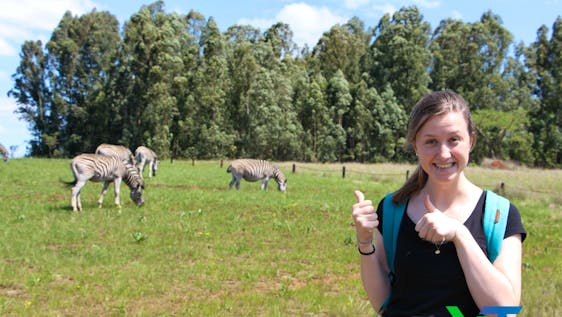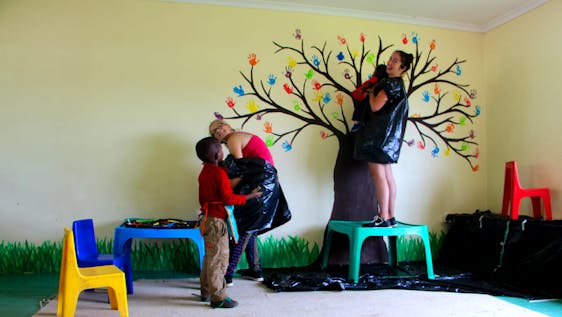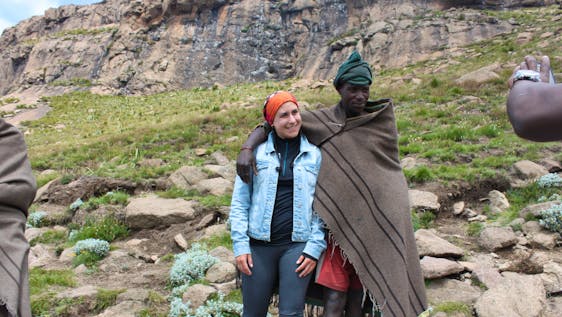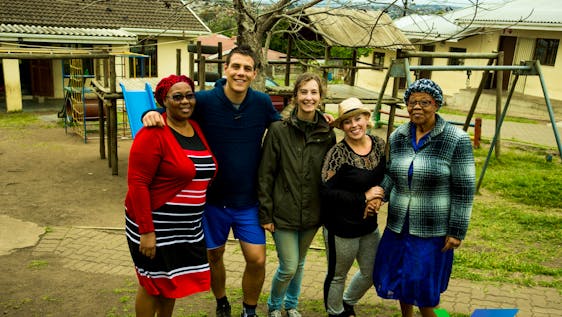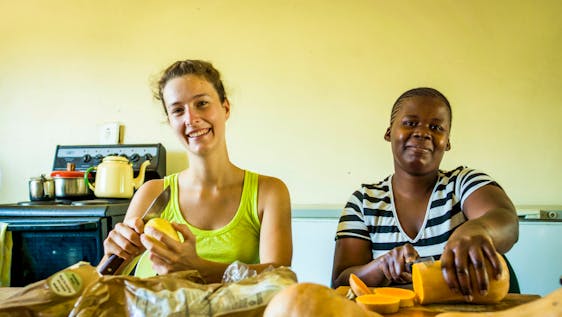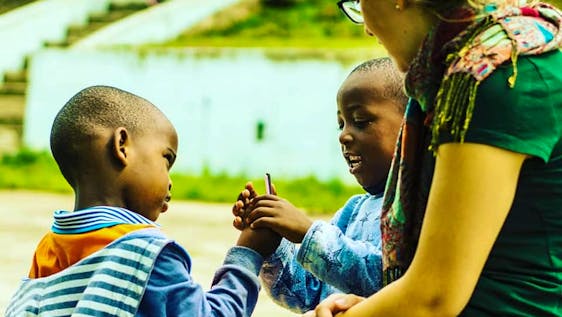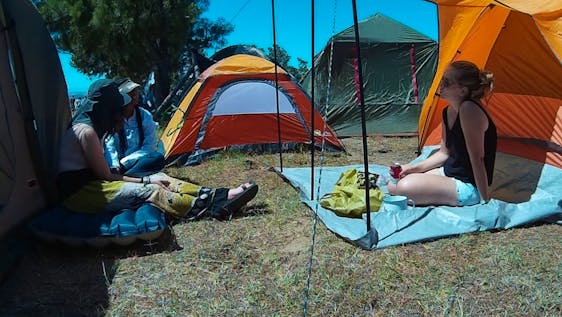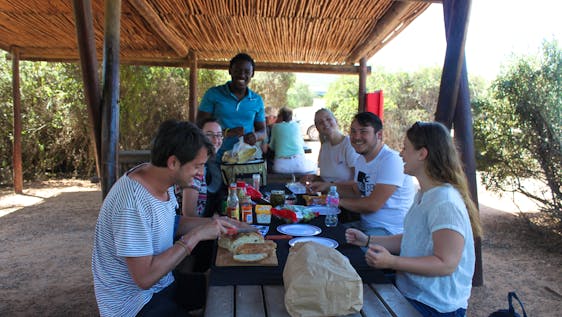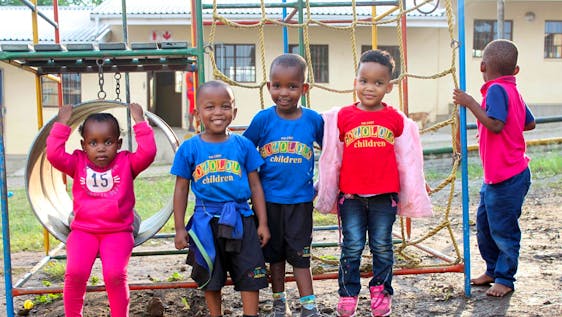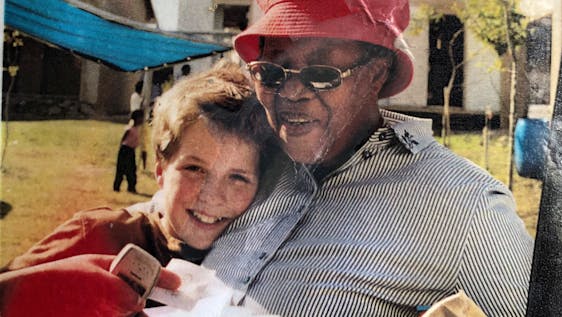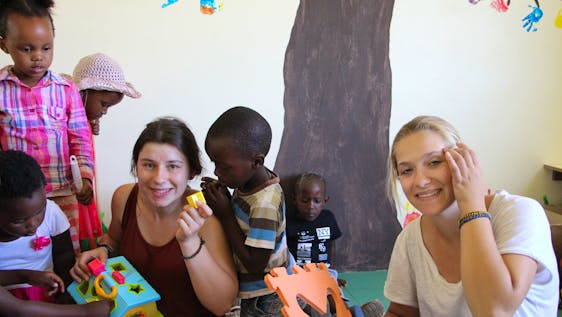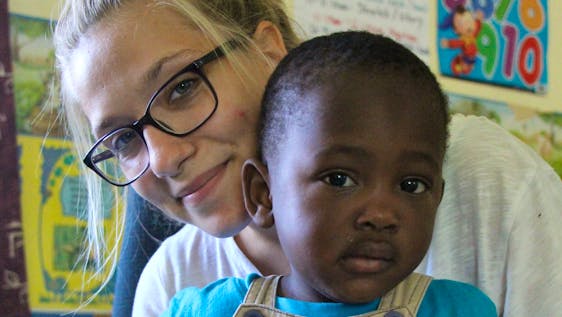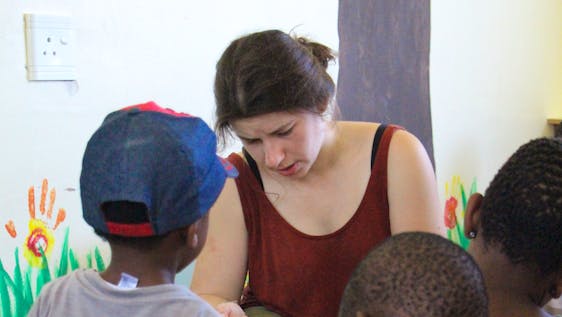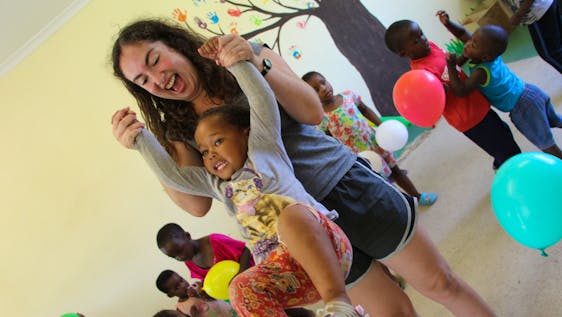Our History
After Nelson Mandela was released from prison in 1990, South Africa was on the brink of civil war between 1990-1994. This was due to the build up to our first democratic elections after Apartheid was demolished.Townships, under developed rural areas and informal settlements were victims of this unrest. Whilst the adults were dying on the streets, the children were left with no parent and homeless.
The founder, Miriam,in 1997, decided to take the children and create a safe haven at her home for them whilst she search for living relatives.There were too many children to house at home so she sourced funding and built the first center in one of Kwa-Zulu/Natal's biggest township, Kwa-Mashu.
Our Vision
We are against the idea of an orphanage so the 300 children at Kwa-Mashu center have been places with relatives or families that we provide with support. The stigma of orphaned and vulnerable children being placed in institutionalized orphanages was not appealing: research has highlighted the negative social consequences of this strategy. Our model ensures that each child is placed with the willing child-minder for the night and attends the centre during the day.
The Center
Children are brought to the center everyday from Monday to Friday where they are fed, clothed and taught by our qualified care givers and teachers. The age range is from 1 year to 6 years old.We opened two more centers in the South of Durban, 30 mins from the city, in a rural beach town which is on large property but fewer children at 50. This center is where we house the volunteers, we have a volunteer house that we are converting into a backpacker/hostel specifically for volunteers. The third center is in the north of Durban in an informal settlement that was formed from the migration of rural Zulu and Xhosa speaking worker moving in the urban area after Apartheid. This also has about 50 children and the same policies apply in all three centers.
Our Goal
Our goal is to create a sustainable environment that supports the continued development of all these centers. In future we can create more centers in other townships in other provinces around South Africa. The money generated from the Volunteer & Travel program has helped us with our current and future goals.
Our Activities
For those dealing with HIV/AIDS, we have weekly meetings on Wednesday for the following activities: Counseling, Spiritual help, Psychological help, Hand work e.g beads, craft and gardening, and door to door home visits. Project managers verbal communication is also important to consider. Peer care-givers assist to identify if people need our support and ensure that they get all the support they require. Care-givers meets and report back to the project manager
With the help of big supermarkets and FOOD BANK, we provide food for the children. What is left over is distributed to the community and other surrounding centers. We are fortunate to receive deliveries every Tuesday and Thursday. Everyone has been relying on this service for the past ten years.


